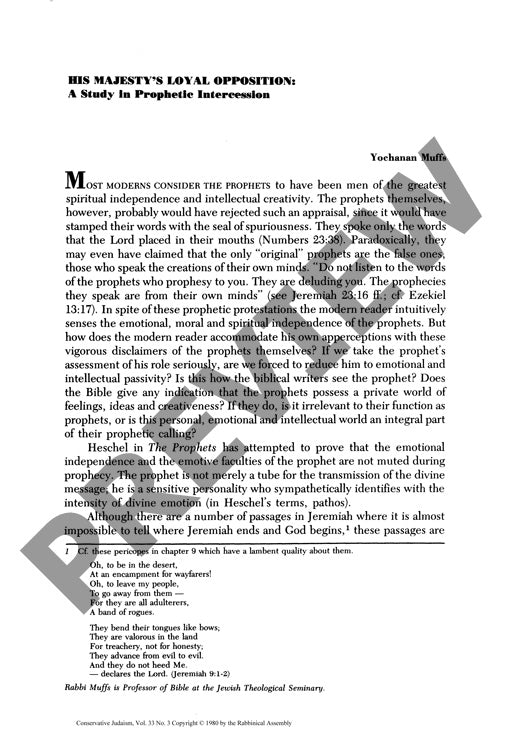His Majestys Loyal Opposition a Study In
Couldn't load pickup availability
Biblical prophets operated in a remarkable paradox - acting simultaneously as both divine messengers and divine adversaries. While conventional wisdom portrays prophets as passive conduits of God's will, close textual analysis of Moses, Samuel, Nathan, and Jeremiah reveals a more complex reality of spiritual independence and internal conflict. Through detailed examination of biblical narratives, comparative analysis of prophetic behaviors, and investigation of the dialectical relationship between divine wrath and mercy, this research uncovers how prophets maintained personal autonomy while fulfilling their sacred duties. Prophetic intercession emerges as a crucial manifestation of this independence, demonstrating that prophets possessed private emotional and intellectual worlds integral to their calling. The psychological toll of this duality appears starkly in accounts of prophetic depression, particularly in Samuel and Jeremiah, as they struggled to reconcile personal compassion with divine judgment. Far from mere passive vessels, biblical prophets were independent personalities whose spiritual autonomy was not only tolerated but required by God. This independence enabled them to function as intercessors, maintaining the delicate balance between divine justice and mercy. Ultimately, prophetic greatness resided not in blind obedience but in the courage to challenge divine wrath while remaining faithful messengers.

More Information
-
Physical Description
-
Publication Information
Published 1980
ISBN
-
Publication Credits
Yochanan Muffs

